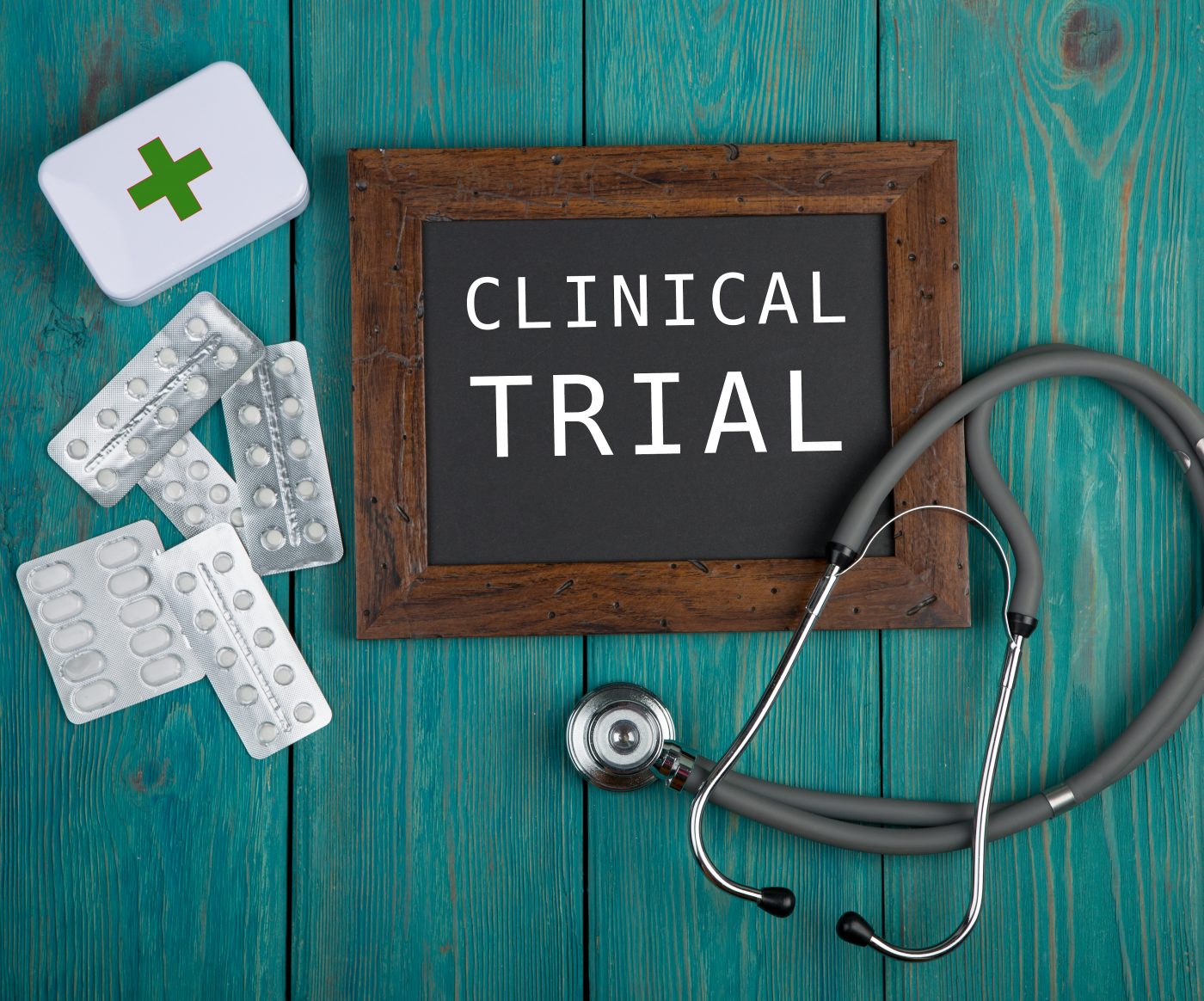Cell Therapy CAP-1002 Improves Muscle, Lung Function in Boys with DMD, Interim Data Show

CAP-1002, Capricor Therapeutics’ investigational cell therapy for Duchenne muscular dystrophy (DMD), significantly improved skeletal muscle and lung function in a group of boys and young men at advanced stages of the disease, top-line data from an interim analysis of a Phase 2 trial show.
CAP-1002 is an experimental cell therapy based on the use of cardiosphere-derived cells (CDCs), a type of heart progenitor cells that are able to give rise to mature heart cells, and are known to have regenerative, anti-inflammatory, anti-scarring, and immune modulatory properties.
In previous preclinical studies, a single administration of CAP-1002 in the heart was shown to improve heart and skeletal muscle function in mice models of DMD, and to reduce tissue scarring by stimulating cellular regeneration and modifying immune system response.
Findings from the previous open-label, Phase 1/2 HOPE trial (NCT02485938), showed that CAP-1002 was safe, well-tolerated, and significantly improved heart muscle function and reduced tissue scarring in a small group of DMD patients.
Now, the company has announced new findings from an interim analysis of the randomized, double-blind, placebo-controlled, Phase 2 HOPE-2 trial (NCT03406780). HOPE-2 is currently assessing the safety and efficacy of CAP-1002 in a group of boys and young men in advanced stages of DMD who are being treated with steroids.
In the trial, patients were randomly assigned to receive either an intravenous infusion of CAP-1002 (150 million cells per infusion) or a placebo every three months for a period of one year.
To assess skeletal muscle function, investigators used the Performance of the Upper Limb (PUL) 1.2 and 2.0 tool to evaluate arm muscle function at three, six, nine and 12 months. Heart function and structure were evaluated using magnetic resonance imaging (MRI) scans, and lung function with several functional parameters that measure diaphragm respiratory muscle strength.
Top-line data from the trial’s interim analysis included 17 patients (10 treated with a placebo and seven with CAP-1002) who completed the three-month timepoint, and 12 patients (six treated with a placebo and six with CAP-1002) who completed the six-month timepoint. Approximately 80% of the patients were unable to walk without assistance.
Key findings showed that:
- At the timepoint of six months, patients treated with CAP-1002 had significant improvements in arm muscle function (assessed by the PUL 2.0 tool) and grip strength compared with those treated with a placebo;
- At the timepoint of three months, patients treated with CAP-1002 had significant improvements in lung function (assessed by the absolute inspiratory flow reserve, a measure of diaphragm respiratory muscle strength);
- Patients treated with CAP-1002 also had mild improvements in heart function (thickening of the heart wall and increased muscle mass), tip-to-tip pinch strength and other lung function parameters;
- Since the implementation of the new pre-treatment regimen with intravenous steroids and antihistamines to prevent possible serious immune reactions to CAP-1002, only one serious adverse event has been reported among patients participating in HOPE-2.
Two patients have already reached the nine-month timepoint, and one the 12-month timepoint, but the company says the data at this point are still insufficient to draw any definite conclusions.
“I am incredibly pleased with the outcome of the interim analysis as it has demonstrated the biologic activity of CAP-1002 that has resulted in changes of clinically relevant outcomes including the upper limb, the hand and diaphragmatic function,” Craig McDonald, MD, national principal investigator for the HOPE-2 clinical trial and a University of California-Davis professor and chair of its Department of Physical Medicine and Rehabilitation, said in a press release.
“For these older boys who have no further therapeutic options, these data support the hope that CAP-1002 may one day become an important therapeutic option and possibly slow the advancement of the disease,” McDonald said.
Linda Marbán, president and chief executive officer of Capricor, said: “We are extremely pleased and it is truly extraordinary that even in such a small sample size, we achieved statistically significant improvements in several clinically relevant parameters. In these older patients, functional improvement in the upper limb is highly meaningful for their quality of life. To our knowledge, this is the first randomized double-blind, placebo-controlled study in DMD that has shown statistically significant functional improvement in steroid-treated boys.”
The U.S. Food and Drug Administration (FDA) had previously granted the orphan drug, regenerative medicine advanced therapy (RMAT) and rare pediatric disease designation to CAP-1002. Once CAP-1002 receives market approval from the FDA, Capricor will be eligible to receive a priority review voucher, which will allow the company to expedite the review of any of its new drug candidates.
The company has said it will make further announcements regarding its discussions with the FDA, its DMD program, and future plans.






